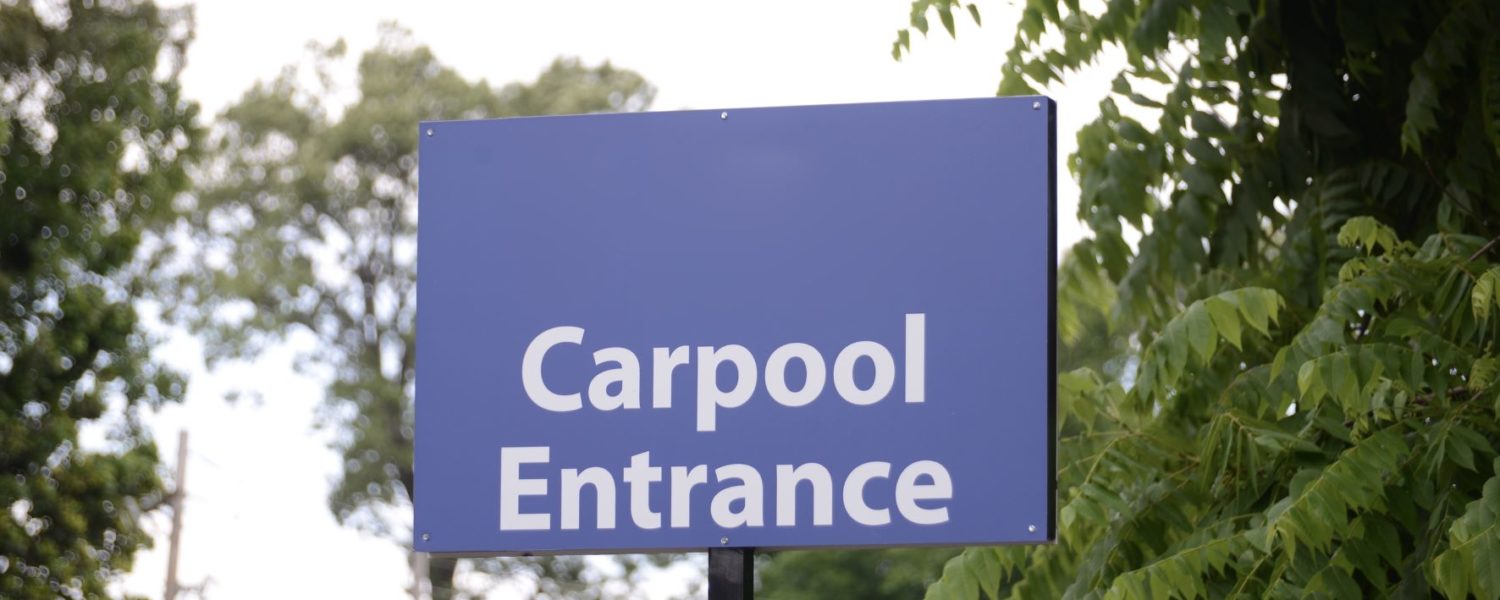By Dr. Stefanie Lemcke
Students need transportation to school, but for various reasons, almost half of the Christian private schools in the United States cannot provide it. As a result, schools are potentially missing out on enrolling a number of students, dealing with congested pickup and drop-off lines, and searching for ways to appease frustrated parents.
Transportation is also often a deciding factor when choosing a private school. Without a transportation solution, prospective families will look into other schools.
Transportation rules differ from State to State: There are 29 states that allow private school students to access funded transportation to attend their private school, and seven states mandate transportation for private school students at levels roughly equivalent to public district school students. But despite these mandates parents in New Jersey and Ohio have battled school boards for their private school students to have access to public school buses and post pandemic some of the routes have been cut also for public schools. These devoted parents don’t want their kids to go to public school, but without school bus transportation, they don’t feel like they have a choice.
While some private schools do offer a limited number of buses, it is proving to be too expensive for many schools to pay for privately owned bus companies or to run and manage their own buses.
In order to find a solution for private schools, we need to dig deep into the problem.
Ongoing Bus Driver Shortage
There has been a bus driver shortage since 2016, but the pandemic worsened it significantly.
The National Association for Pupil Transportation (NAPT) recently conducted a joint survey of America’s shortage of school bus drivers, and the results were eye-opening: Out of 1500 respondents, 51% said the driver shortage was “severe” or “desperate.”
Roughly two-thirds of all respondents (65%) indicated that bus driver shortage is their number one problem or concern and cited the pay and length of hiring as the main problem for the shortage.
Without an adequate number of bus drivers, routes become longer, buses become more crowded, and students suffer. And while school districts are starting to address the underlying issues by raising minimum wages for drivers and adding benefits, this is hardly an option for private schools.
Increased Costs for Schools
According to Brookings, “Nationally, over half of the nation’s 49.5 million K-12 students use the school bus to get to school each day, at an average cost of about $1,000 per pupil.”
The length of the commute further increases these costs. For religious schools, in particular, the cost is even steeper as their students traditionally have longer commutes. Hence, longer routes and more fuel. As a result, many private schools are now rethinking if it makes sense to send one school bus out with only a few students along a lengthy route.
While private schools have the ability to pass some of these transportation costs to parents, the rising cost of transportation might become a deterrent for some potential private school families.
For example, one Christian private school in Atlanta charges the following for school transportation:
- Single Ride, per person $12.00
- One Way, per semester $625
- Round Trip, per semester $950
Many schools are now adding a disclaimer allowing them to enact a surcharge due to the rising cost of fuel.
Increased Costs for Parents
But the individual cost of driving students to school has also increased significantly. According to Axios, “Rising prices for gas and auto insurance mean the average American is now paying $2,914 a year to commute, up $757 — or 35% — from last year.”
For students attending Christian private schools that do not provide school buses, the cost of commuting has significantly increased in the last year. With the rising fuel cost, a daily school trip of 10 miles one way will add up to more than 200 miles of driving a week, which easily adds up to two full gas tanks or over $200 a month. Since it is not uncommon for private school families to commute 20 to 50 minutes to school, this cost might be much steeper depending on the actual mileage.
Congestion in School Pickup and Drop-Off Lines
Another issue specific to schools where the majority of students are driven by personal vehicles is congestion. Many private schools cannot provide parking for each student to arrive and park in a personal vehicle. Additionally, the drop-off and pickup lanes are congested, with parents sitting for long periods of time.
School Transportation Alternatives
Both school districts and private schools across the U.S. are looking for solutions to the ongoing transportation issues. The good news is that there are several alternatives to the traditional big yellow bus.
For example, a new batch of private school transportation companies has emerged, providing smaller, more tailored transportation often focusing on the special needs population.
- ZUM: Provides student transportation for school districts and private schools utilizing multi-size vehicle fleets with vetted drivers. Contracting with districts, ZUM is a transportation alternative to traditional large buses. Parents can also book drivers individually, prices start at $8 per carpool ride and $16 per individual ride.
- HopSkipDrive: Similar to ZUM, the company provides youth transportation via CareDrivers for students without bus routes.
There are several other regional alternatives, however, the cost of transporting students in smaller vans or buses is still above many private school budgets, and if parents bear the individual transportation cost, they might think twice about adding it to the tuition cost.
Parent-Driven Carpooling Solutions Become Transportation Alternatives
An often overlooked alternative to hiring buses is literally waiting to be put into use: Parents who are already driving their children to school are more than eager to share those rides with like-minded parents. What has traditionally been known as carpooling has also received a modern overhaul with school programs that combine modern software with customer support.
Companies like GoKid make it easy for schools to implement a safe and secure carpool solution without breaking the bank. When schools sign up with GoKid, the schools’ families get access to a map view where they can match with other school families, filtering by distance and grade. With minimal administrative involvement for schools, the solution allows parents to create their own carpools with other families they know and trust using apps to manage the rides.
By sharing rides with just one other family, parents can cut fuel costs and save hours of driving each month – even more if they share rides with 3 or 4 families. A modern carpool program like Gokid Connect will help create community and increase enrollment while reducing traffic around the school.
Ultimately, in order to stay competitive, Christian schools will have to address parents concerns for transportation solutions as an important consideration for both incoming and existing students.
Dr. Stefanie Lemcke is the CEO of GoKid and created the carpool solution to streamline her busy live as a mother of two, www.gokid.mobi. Her children attended the Cathedral school in New York City before she moved to Connecticut.



